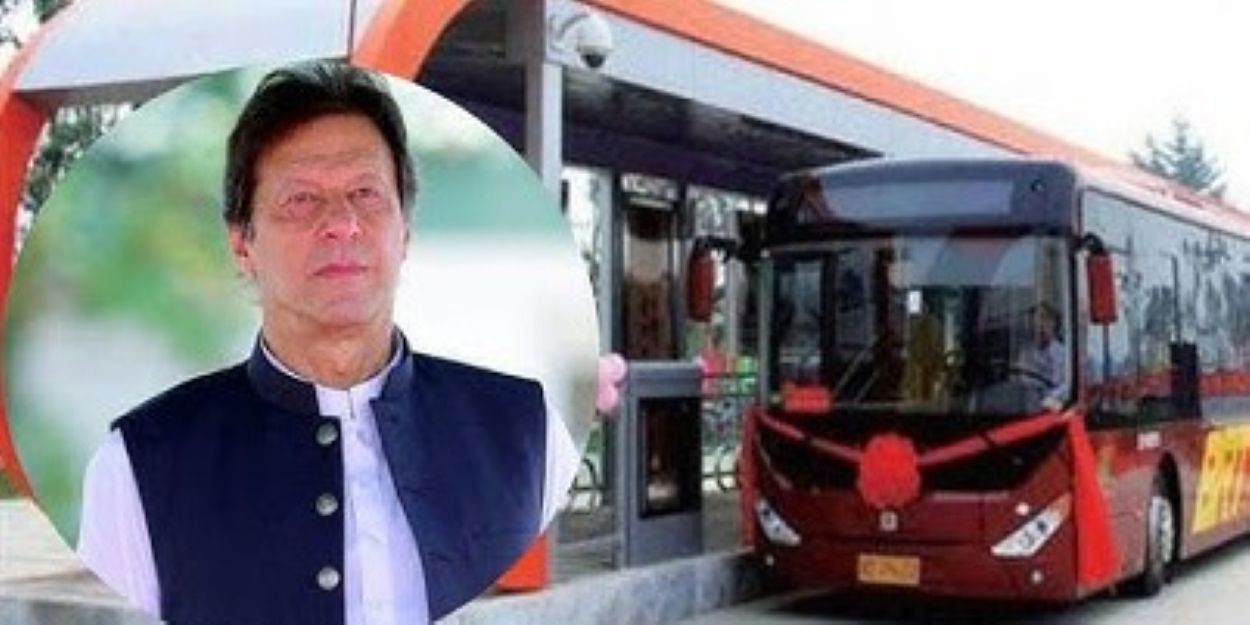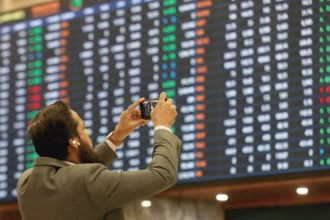On July 1, 2025, the Peshawar Bus Rapid Transit (BRT) system raised its fares, prompting widespread criticism from commuters. The Khyber Pakhtunkhwa Urban Mobility Authority cited inflation as the reason for the increase, which adds financial strain to users.
The Khyber Pakhtunkhwa Urban Mobility Authority, in a notification dated June 16, increased BRT fares, effective July 1. Travelling up to 5 kilometres now costs Rs30, up from Rs20, while journeys up to 40 kilometres have risen from Rs60 to Rs70. Single-ride tickets also increased from Rs 60 to Rs 70, with a Rs 10 per-stop increment. The authority attributed the adjustment to rising inflation, but commuters argue it undermines the BRT’s purpose of affordable transport.
Commuters voiced dismay, stating the fare hike burdens daily travellers, particularly low-income residents. Social media platforms like X amplified these concerns, with users arguing the increase contradicts the BRT’s goal of easing commuting costs. The backlash reflects broader economic challenges in Pakistan, where inflation continues to strain household budgets.
In 2024, the National Accountability Bureau (NAB) recovered Rs168.5 billion from the Peshawar BRT project, its largest recovery in 25 years. A 2018 investigation uncovered illegal contract awards and fund misappropriation, with six major contracts improperly awarded and breached. NAB’s rejection of Rs31.5 billion in contractor claims at the International Court of Arbitration and scrutiny of over 400 bank accounts revealed significant misconduct.
The Peshawar BRT fare hike exacerbates financial pressures for commuters, raising concerns about the accessibility of public transport. Combined with the project’s history of corruption, it fuels public distrust. As Pakistan grapples with economic challenges, affordable transport remains crucial, making this increase a pressing issue for residents and policymakers.






